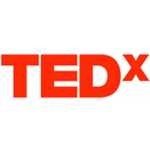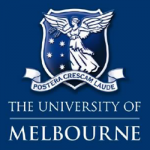
Forever striving to tick things off my bucket list, September saw me give my first (and hopefully not my last!) TEDx talk. I am aiming to provide a very brief introduction to what 21st-century medical research “is all about”, and particularly the critical role that computer scientists, engineers and mathematicians have to play in treating […] Read more »
